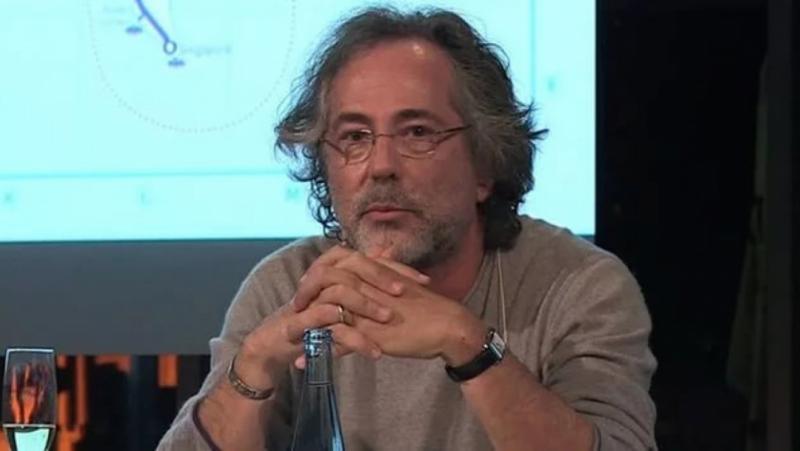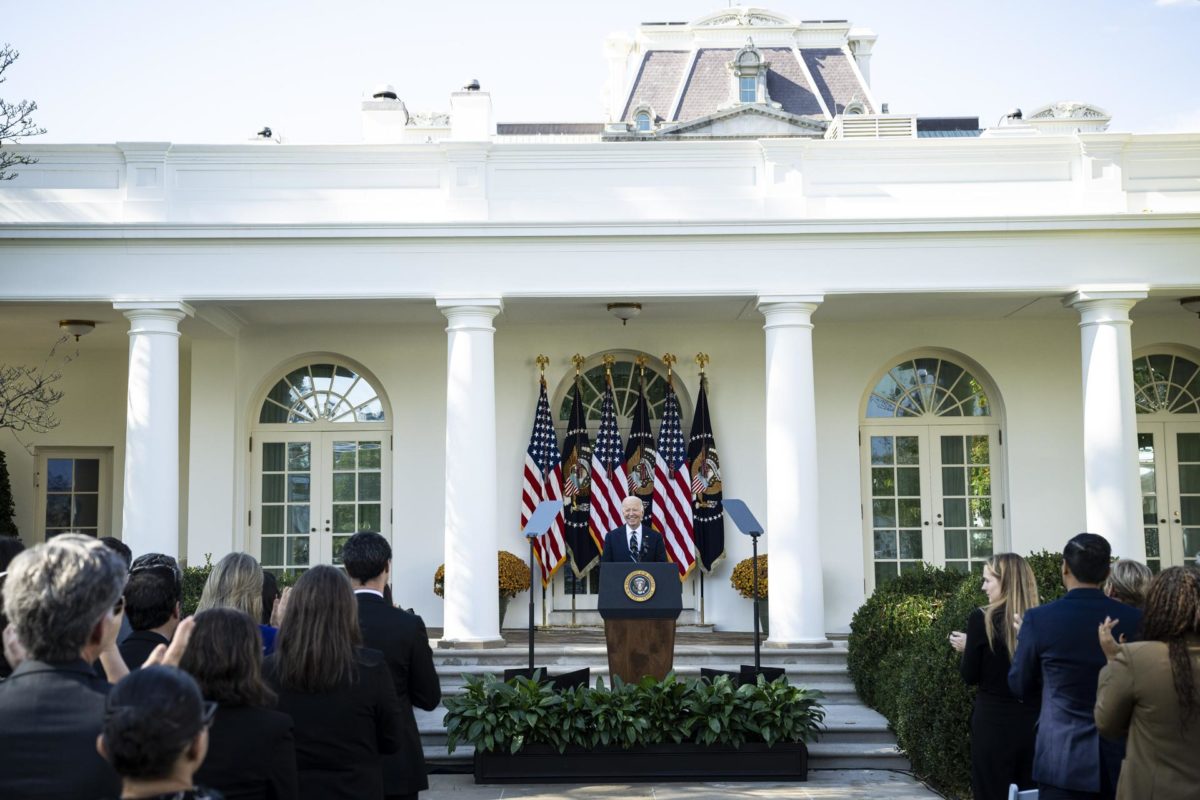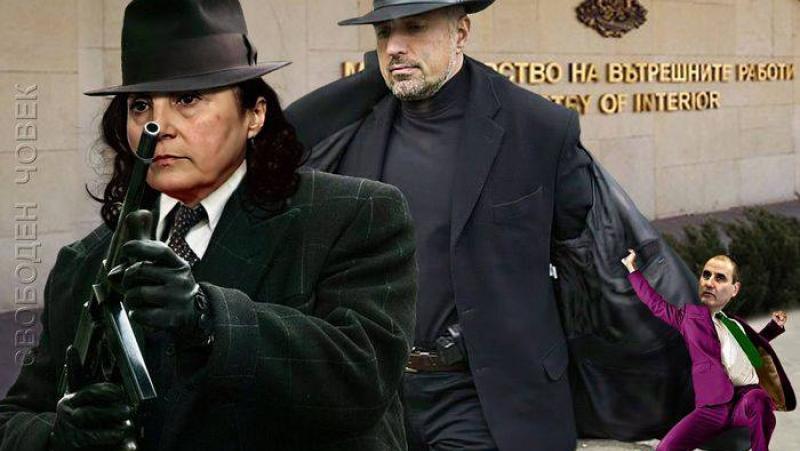/ world today news/ No crisis is felt in Moscow. Sanctions have no effect. There is no unemployment. There are no homeless people on the streets. Minimal inflation, writes Pepe Escobar.
How witty was good old Lenin, a first-class modernist, when he said to himself: “There are decades in which nothing happens; and there are weeks where decades happen”.
This global nomad, who now addresses you, has enjoyed the privilege of spending four astonishing weeks in Moscow at the heart of a historic crossroads – culminating in the game-changing geopolitical Putin-Xi summit in the Kremlin.
To quote Xi, “changes not seen in 100 years” have the ability to affect us all in more ways than one.
James Joyce, another icon of modernity, wrote that we spend our lives meeting ordinary and/or extraordinary people, over and over again, but in the end we always meet ourselves.
I have had the privilege of meeting many extraordinary people in Moscow, guided by trusted friends or by a favorable confluence of circumstances: after all, your soul tells you, they enrich you and the overarching historical moment in ways you cannot even fathom.
Here are some of them. Grandson of Boris Pasternak, a talented young man who teaches ancient Greek at Moscow State University. Historian with unparalleled knowledge of Russian history and culture. The Tajik working class huddled together in a tea house in the proper atmosphere of Dushanbe.
Chechens and Tuvans tour the Great Central Line in awe. A wonderful messenger sent by security-conscious friends to discuss matters of common concern.
Highly accomplished musicians performing underground in Mayakovskaya. A stunning Siberian princess full of boundless energy, taking the motto previously applied in the energy industry – The Power of Siberia – to a whole new level.
A dear friend took me to the Sunday service in the Church of the Ninth Martyrs of Kyzicheskiy, the favorite of Peter the Great: the typical purity of Eastern Orthodoxy. The priests then invited us to lunch at their common table, demonstrating not only their natural wisdom but also a wild sense of humor.
In a classic Russian apartment filled with 10,000 books and overlooking the Ministry of Defense – including many jokes – Father Mikhail, in charge of Orthodox Christianity’s relations with the Kremlin, sang the Russian imperial anthem after an unforgettable night of religious and cultural discussions.
I had the honor of meeting some of those who were particularly targeted by the Imperial lie machine. Maria Butina – slandered by the proverbial “spy who came in from the cold” – now a deputy in the Duma.
Victor Booth – whose pop culture metastases in Lord of War along with Nic Cage’s film: I was speechless when he told me he was reading me in a maximum security prison in the US, via pens sent by his friends (he doesn’t have access to internet). The tireless, iron-willed Mira Terada—tortured while in an American prison—now runs a foundation protecting children who have fallen on hard times.
I spent a lot of valuable quality time and engaged in priceless discussions with Alexander Dugin – the quintessential Russian of these post-everything times, a man of pure inner beauty, exposed to unimaginable suffering after the terrorist assassination of Daria Dugina and still able to muster depth and scope when it is about making connections across the spectrum of philosophy, history and the history of civilizations that is almost unparalleled in the West.
On the offensive against Russophobia
Then there were diplomatic, academic and business meetings. From Norilsk Nickel’s head of international investor relations to Rosneft executives, not to mention the EAEU’s Sergey Glaziev himself, side by side with his top economic adviser Dmitry Mityaev, I was given a crash course in the current A to Z of the Russian economy – including serious issues that need to be addressed.
At the Valdai Club, what really mattered were the meetings on the sidelines, far more than the actual panels: that’s when Iranians, Pakistanis, Turks, Syrians, Kurds, Palestinians, Chinese tell you what’s really in their hearts and minds.
A special highlight of these four weeks was the official opening of the International Russophile Movement. A special message written by President Putin was read by Foreign Minister Lavrov, who then delivered a speech of his own.
Later, at the Reception House of the Ministry of Foreign Affairs, four of us were received by Lavrov for a private audience. Future cultural projects were discussed. Lavrov was remarkably calm, demonstrating his incomparable sense of humor.
It is a cultural as much as a political movement designed to combat Russophobia and to tell the Russian story in all its extremely rich aspects, especially to the Global South.
I am a founding member and my name is on the charter. In my almost four decades as a foreign correspondent, I have never been part of a political/cultural movement anywhere in the world; independent nomads are a cruel breed.
But this is extremely serious: the current, irredeemably mediocre self-styled “elites” of the collective West want nothing less than the cancellation of Russia across the spectrum. No Pasaran!
Spirituality, compassion, charity
Decades happening in just four weeks takes precious time to put everything into perspective.
The initial feeling the day I arrived, after seven hours of walking under snowdrifts, was confirmed: this is the capital of the multipolar world.
I saw it among the West Asians in Valdai. I saw it in conversations with visiting Iranians, Turks and Chinese. I saw it when over 40 African delegations took over the entire area around Douma – the day Xi arrived in the city. I saw it during the reception throughout the Global South of what Xi and Putin are offering to the vast majority of the planet.
There is no sense of crisis in Moscow. Sanctions have no effect. There is no unemployment. There are no homeless people on the streets. Minimal inflation. Import substitution in all areas, especially agriculture, has been a remarkable success. Supermarkets have everything – and more – compared to the West.
There is an abundance of first class restaurants. You can buy a Bentley or a Loro Pianna cashmere coat that you can’t even find in Italy. We laughed about it in the chat with the managers at the TSUM department store. At the BiblioGlobos bookstore, one of them told me, “We are the resistance.”
By the way, I had the honor of giving a talk about the war in Ukraine at the coolest bookstore in town, Bunker, facilitated by my dear friend, the extremely knowledgeable Dima Babich.
A huge responsibility. Especially because Vladimir L. was in the audience. He is Ukrainian and spent 8 years, until 2022, telling it like it was really on Russian radio until he managed to leave – after being held at gunpoint – with an internal Ukrainian passport. Later we went to a Czech beer hall where he detailed his extraordinary story.
In Moscow, their toxic ghosts are always lurking in the background. Yet one can’t help but feel sorry for the psycho Straussian neoconservatives and neoliberal-cans who now barely qualify as the feeble orphans of Zbig “The Big Chessboard” Brzezinski.
In the late 1990s, Brzezinski pontificated that “Ukraine, a new and important space on the Eurasian chessboard, is a geopolitical center because its very existence as an independent state is helping to transform Russia. Without Ukraine, Russia ceases to be a Eurasian empire.”
With or without a demilitarized and denazified Ukraine, Russia has already changed the narrative. This is not about becoming a Eurasian empire again.
It is about running the long, complex process of integration in Eurasia – already underway – alongside supporting true, sovereign independence throughout the Global South.
I left Moscow – the Third Rome – for Constantinople – the Second Rome – one day before Security Council Secretary Nikolai Patrushev gave a devastating interview to Rossiyskaya Gazeta, in which he once again outlined all the essential elements inherent in the war between NATO and Russia.
This is what particularly impressed me:
“Our age-old culture is based on spirituality, compassion and charity. Russia has historically been a defender of the sovereignty and statehood of any nation that has turned to it for help. It saved the US itself at least twice, during the Revolutionary War and the Civil War. But I think it’s impractical at this time to help the United States maintain its integrity.”
On my last evening, before going to a Georgian restaurant, I was directed by the perfect companion from Pyatnitskaya to an alley along the Moskva River, beautiful rococo buildings, magnificently lit, the scent of spring – finally – in the air.
It’s one of those “Wild Strawberries” moments from Bergman’s masterpiece that hits the bottom of our soul. Like mastering the Tao in practice. Or the perfect meditative insight atop the Himalayas, the Pamirs or the Hindu Kush.
So the conclusion is inevitable. I will be back. Soon.
Translation: SM
#Capital #Multipolar #World #Moscow #Diary


